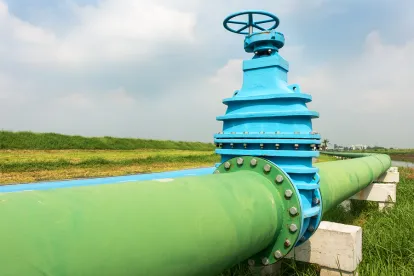In 1976, as our country was celebrating its Bicentennial, the American Legion was fittingly hosting its convention in Philadelphia, the birthplace of our nation. Tragically, many Legion convention attendees were sickened and some later died after contracting a mysterious respiratory ailment. The culprit was determined to be a previously unknown bacteria that caused a serious lung infection and was ultimately dubbed “Legionnaires’ Disease.” The source of the bacteria was determined to be the cooling tower of the hotel’s air conditioning system, which allowed the bacteria to be emitted throughout the facility.
CDC Reminder of Legionnaires’ Disease
Forty-four years later, the Centers for Disease Control (CDC) is reminding American businesses and building owners of the seriousness of Legionnaires’ Disease. Why? Because Legionella – the bacteria which causes the disease – grows well in stagnant or standing water. If your business or building has been closed or minimally utilized during the coronavirus (COVID-19) shutdown, your water system, or any devices that utilize water, are at risk as a breeding ground for Legionella. Think faucets, soda fountains, water lines to ice makers and coffee machines, ornamental fountains, HVAC cooling towers, showers, hot tubs/spas, eyewash stations, fire sprinkler systems, and plumbing in general.
Reopening Your Business After COVID-19
The CDC recommends that each business or building develop a comprehensive water management program (WMP) to assess, clean, disinfect, flush, and maintain systems prior to resuming operations. More specific COVID-19 guidance on reopening business may be found on the CDC’s “Guidance for Reopening Buildings After Prolonged Shutdown or Reduced Operation” as well as the “Toolkit: Developing a Water Management Program to Reduce Legionella Growth and Spread in Buildings.”
Since Legionella colonization may occur within a matter of weeks in stagnant or standing water, it is recommended that even businesses or buildings with a public water source or those that have been operating in a reduced manner follow these guidelines. Failure to consider and implement the CDC’s guidelines may result in an unintended risk to employees, customers, clients, or patients.



 />i
/>i
